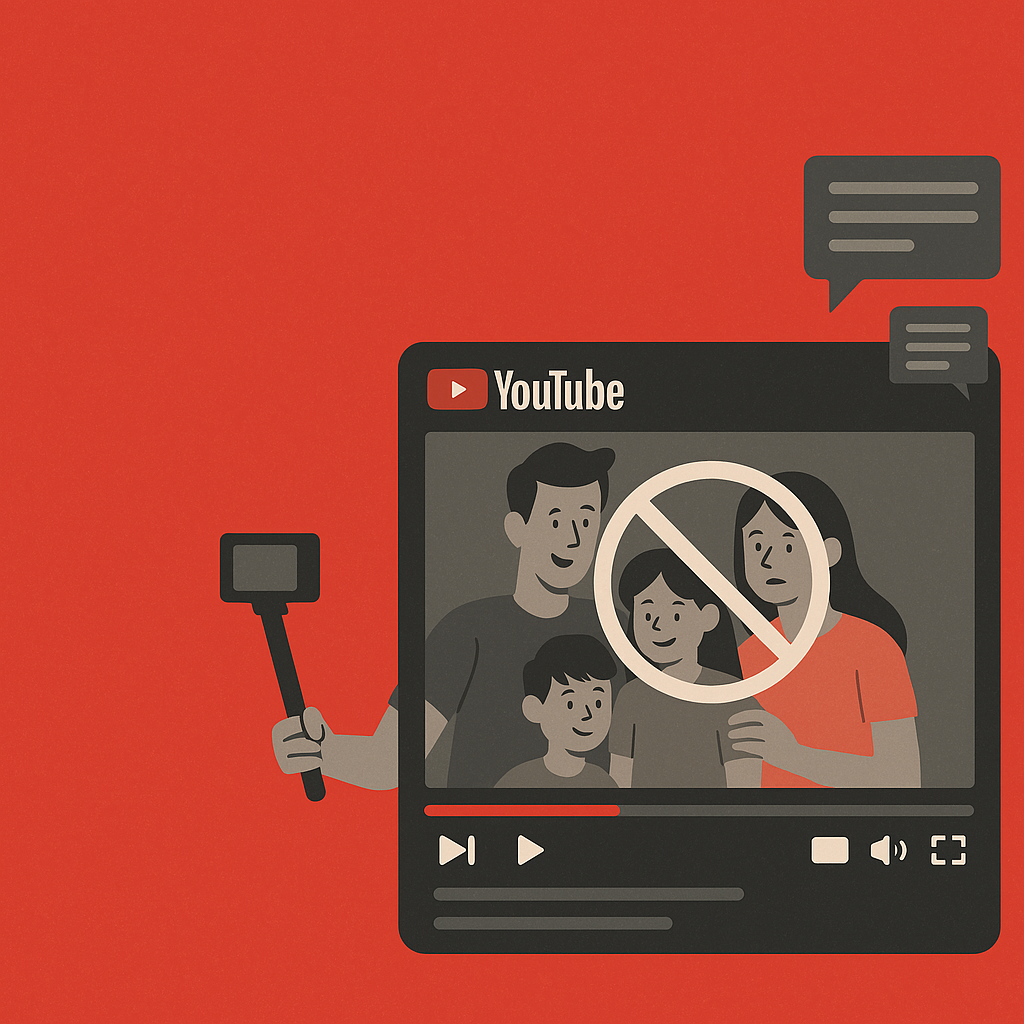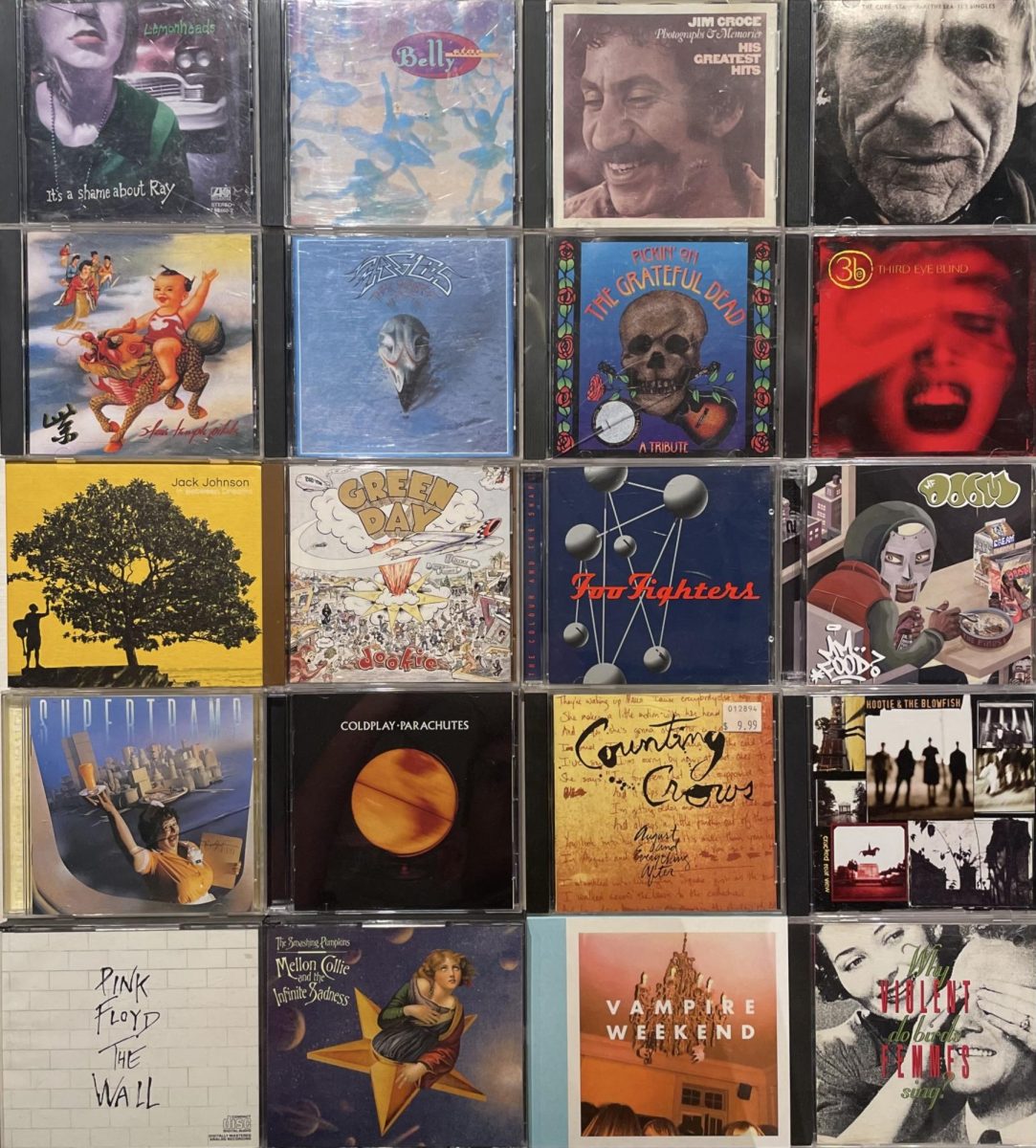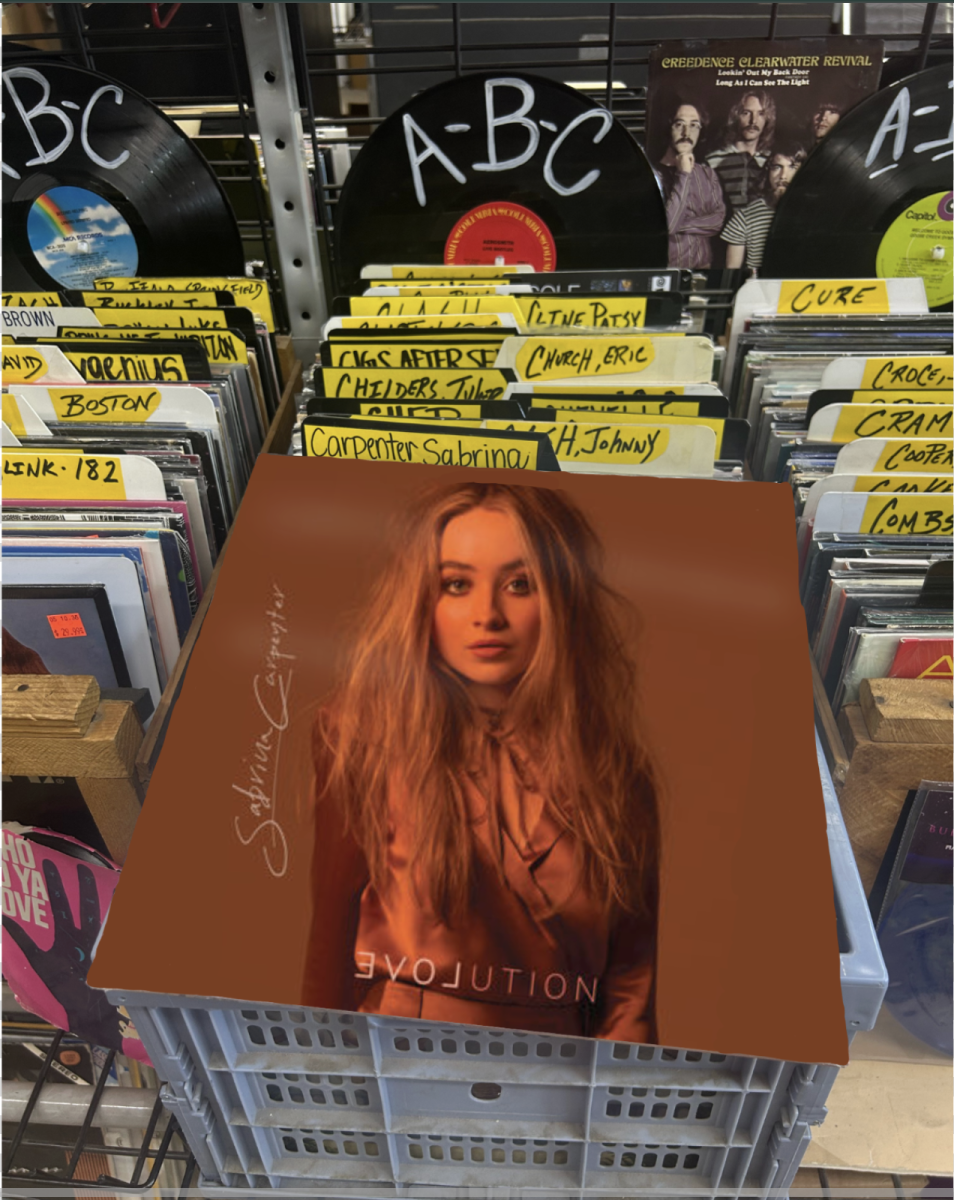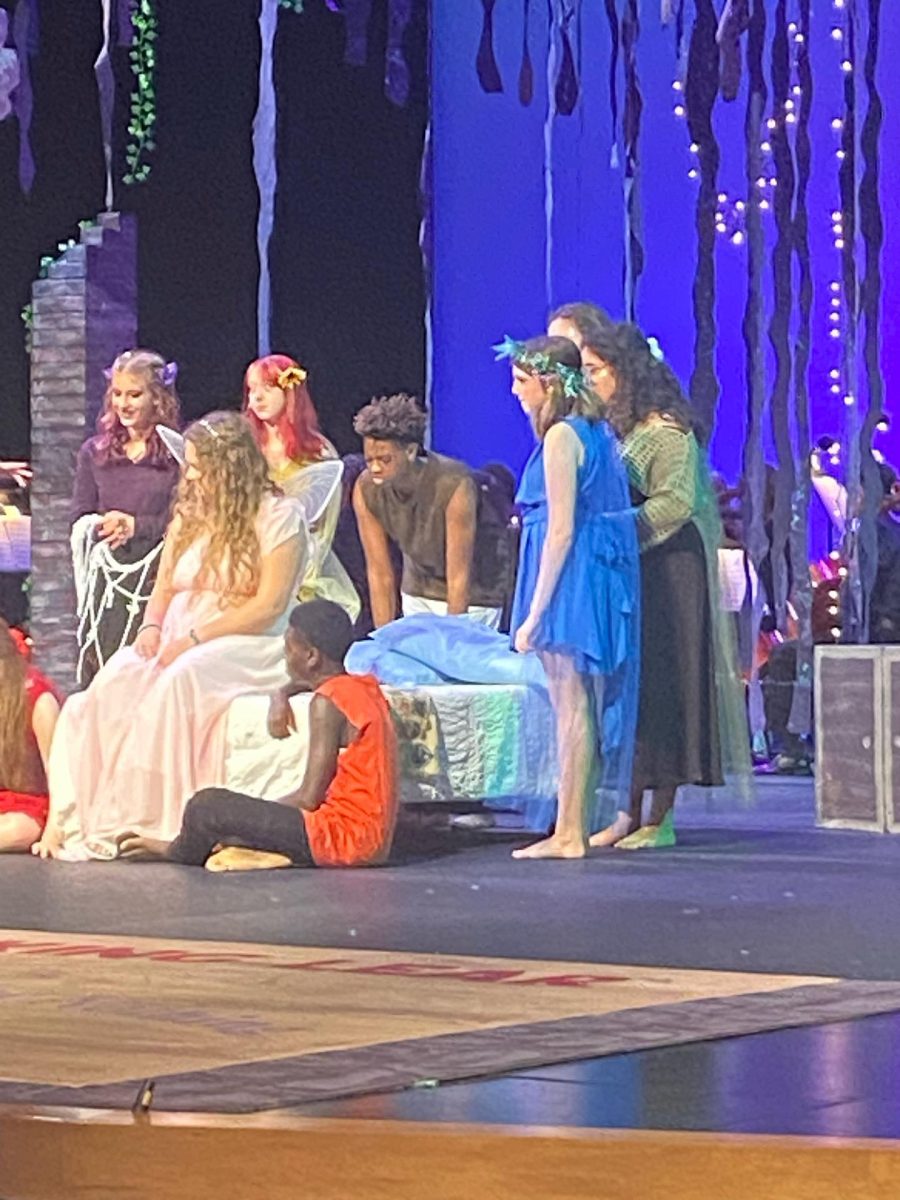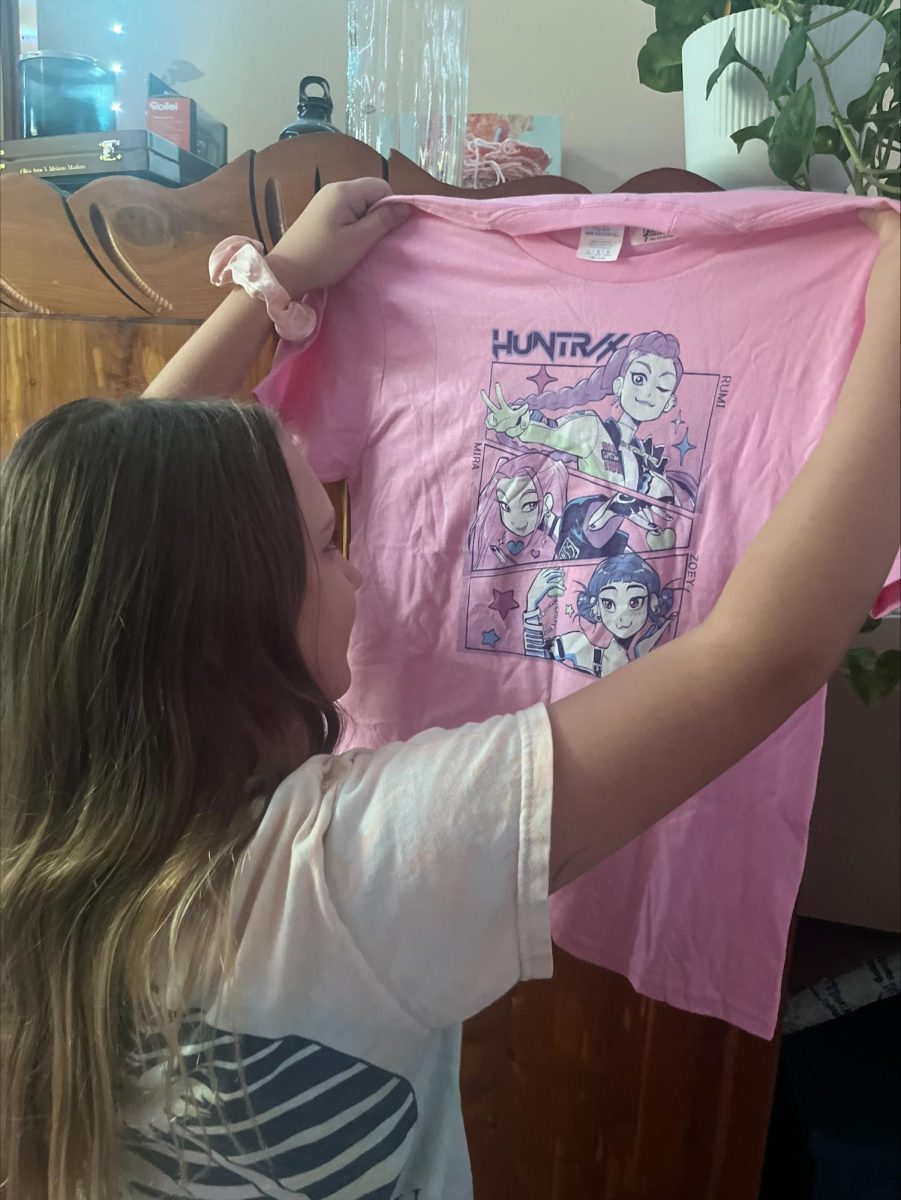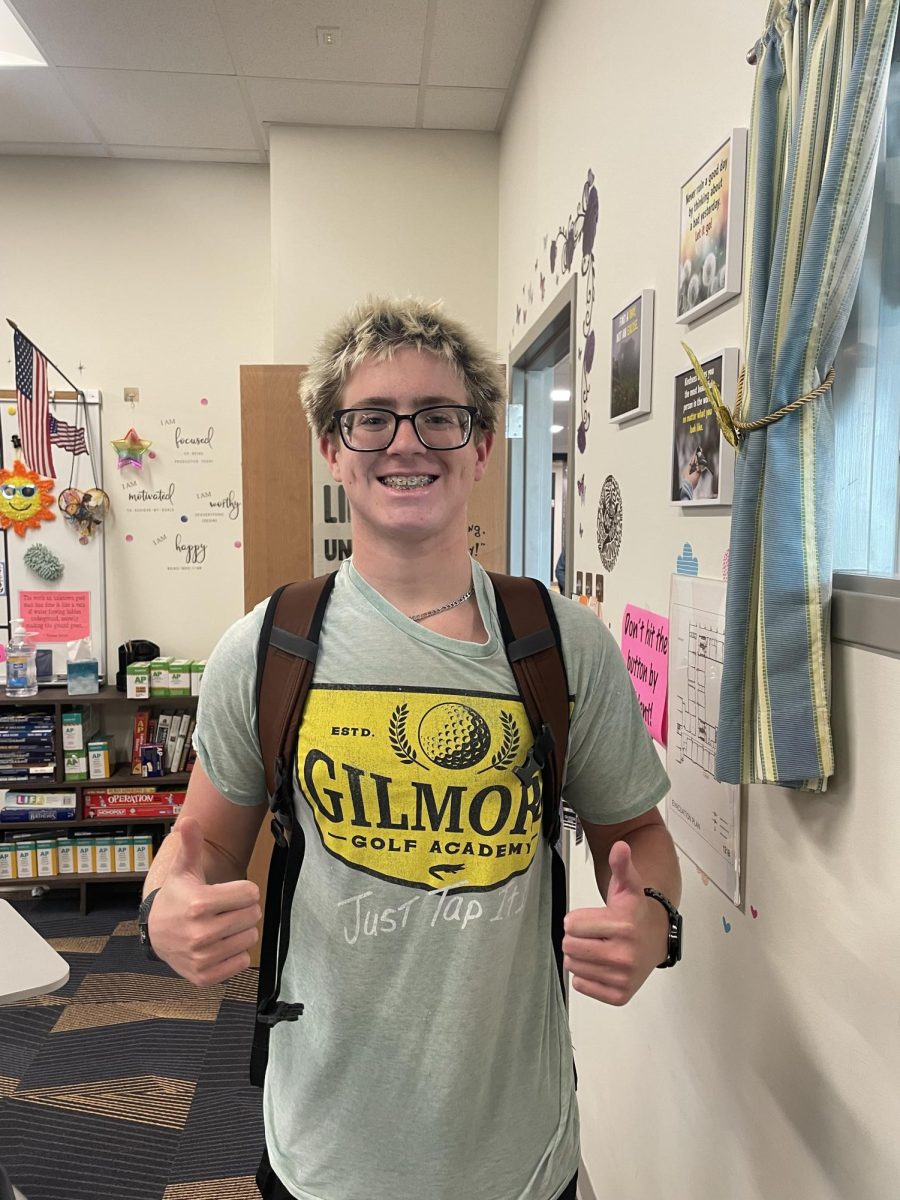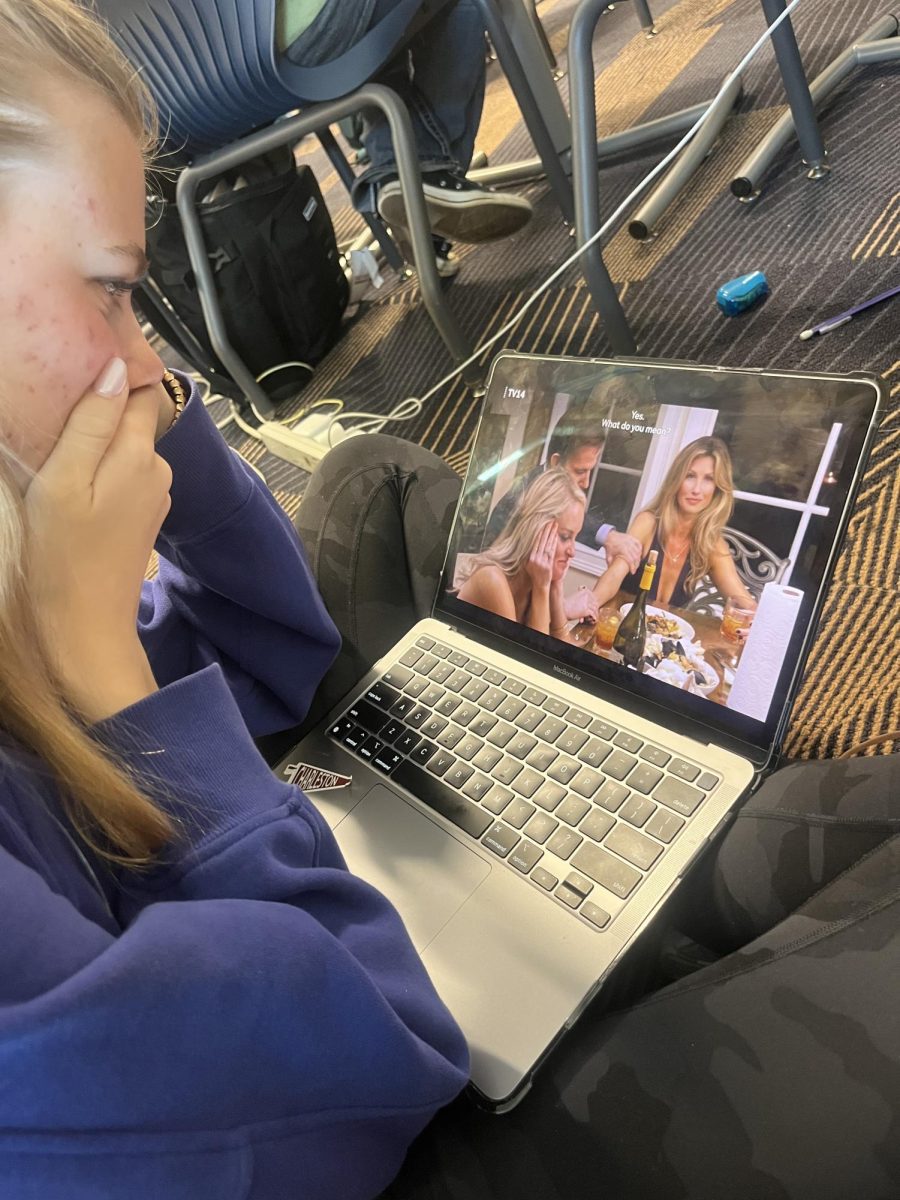When YouTube was founded in 2005, it quickly became a platform for people to share what were once home videos — typically seen only by family and friends — with the entire internet. The first family vlogging channel to gain widespread popularity was the Shaytards, which launched in 2008 and eventually earned 4.9 million subscribers.
By 2010, thousands of family vloggers had entered the YouTube space, racking up millions of views with each new video. While these early uploads were viewed as simple documentation of everyday family life, many of these creators soon evolved into “family influencers,” building careers centered on filming their children. As family vlogging continued to grow, YouTube’s Partner Program allowed creators to earn revenue from ads on their videos. The more views, the more ad revenue creators could generate. This has led to growing concerns about exploiting children for profit because, unlike child actors, these children often don’t have guaranteed protections or wages.
In 2023, Illinois became the first state to pass legislation requiring creators to properly compensate children shown in monetized content. This ensures minors are fairly paid and protected. Yet, some followers suspect content creators of trying to avoid laws like the one in Illinois by simply relocating.
Bella Gibbs (12) says she keeps up with developments regarding the controversy surrounding family vlogging channels and believes legal action is a step in the right direction.
“I believe that laws regarding family vlogging should be passed across the United States that mimic the laws passed in California,” Gibbs said. “California has passed a law that requires family vloggers to put the money they make from their children in a trust, and as a result, people are moving out of California. If this law were passed across the United States, people wouldn’t be able to go around the law.”
Most recently, the YouTube channel 8 Passengers sparked renewed debate after revelations of abuse by “mommy vlogger” Ruby Franke toward her eight children — specifically, intense physical and psychological abuse of her two youngest. Franke had previously drawn criticism for her harsh parenting methods, such as taking away one of her son’s beds for seven months and refusing to bring her daughter lunch at school, hoping hunger would serve as a lesson.
The internet was shocked when Franke’s youngest son reportedly appeared at a neighbor’s home, visibly emaciated and with physical wounds on his arms and legs, asking for the police to be called. The incident propelled the ethical concerns surrounding family vlogging beyond just viewers; lawmakers also began paying attention.
Anne Caroline Greer (12) said there should be protections in place to prevent children from being exploited for online content.
“I think the 8 Passengers situation is extremely sad and shows that there needs to be more regulations in place to help prevent the exploitation of children in family vlogging situations like this one,” Greer said.
Following Franke’s arrest, she pleaded guilty to four counts of second-degree aggravated child abuse. Since then, YouTube has removed the 8 Passengers channel from the platform. However, many family channels still operate and thrive, even under growing calls for more oversight.
Skyler Drummer (12) says that while the 8 Passengers situation was sad, not all family content creators should be punished.
“I think some family vlogging channels have good intentions and simply enjoy creating videos with their kids,” Drummer said. “It would be unfair to the creators who haven’t done anything wrong to have laws placed that prevent them from making money.”


